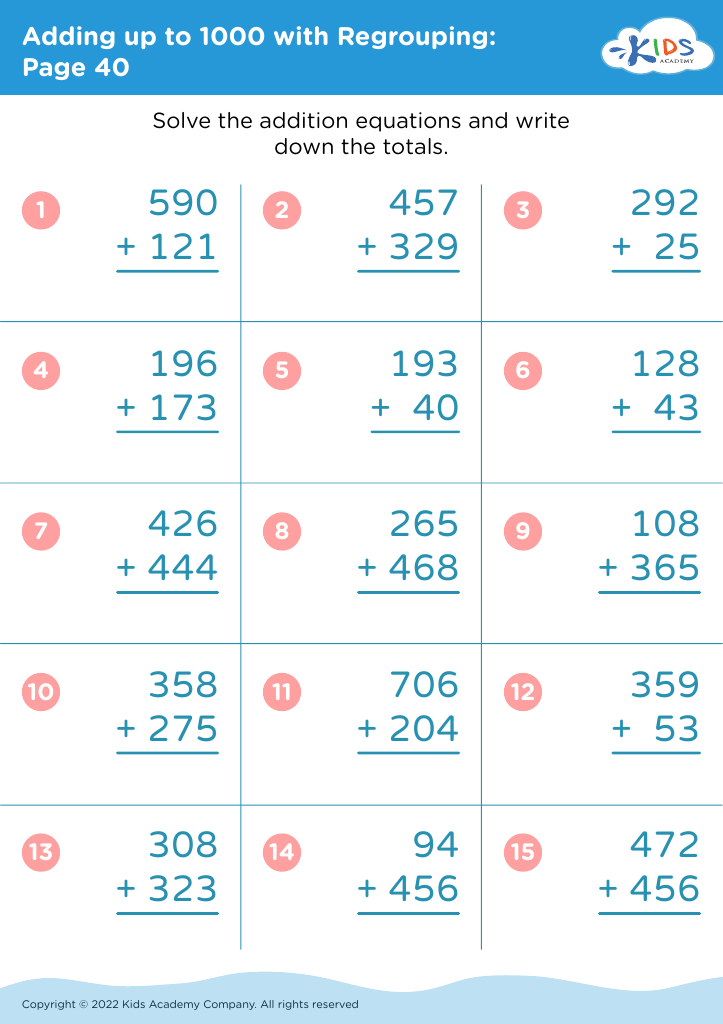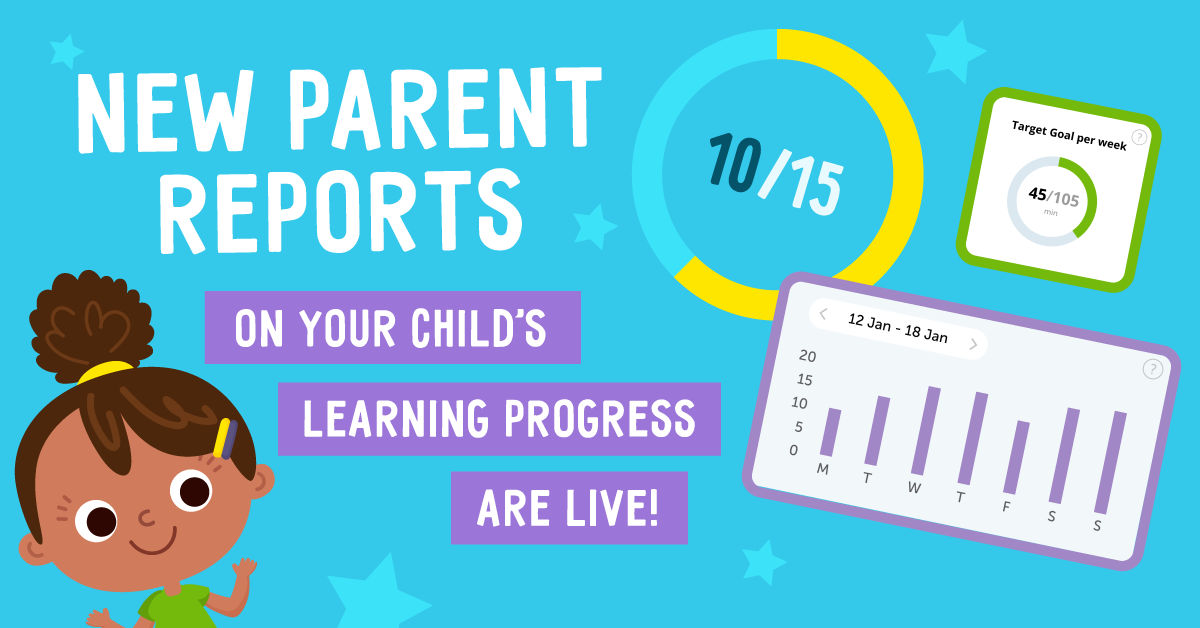Learn subtraction Worksheets for 8-Year-Olds
5 filtered results
-
From - To
Introduce your 8-year-old to the world of subtraction with our engaging Learn Subtraction Worksheets! Tailored specifically for third graders, these worksheets combine fun and learning to help children master critical subtraction skills. Colorful illustrations and exciting themes make solving problems enjoyable, while well-structured exercises ensure a gradual increase in difficulty. These printable worksheets cover basic subtraction as well as more challenging concepts, all aligned with curriculum standards. Boost your child's confidence and proficiency in math by downloading our comprehensive subtraction worksheets today, and watch them excel in number skills! Perfect for home practice or classroom use.
Learning subtraction is a foundational math skill crucial for 8-year-olds, directly impacting their overall academic development. Parents and teachers should prioritize this skill because it helps children develop critical thinking and problem-solving abilities. Subtraction not only aids in understanding basic arithmetic but is also vital for higher-level math concepts such as multiplication, division, and algebra.
Additionally, proficiency in subtraction supports practical life skills, like managing money, understanding time, and measuring distances. When children master subtraction, they build confidence and develop a positive attitude toward learning math, which can influence their academic performance across subjects.
Furthermore, subtraction helps enhance cognitive abilities such as memory, attention to detail, and logical reasoning. These cognitive skills are transferable and beneficial for other areas of learning and daily life activities. Early engagement with subtraction also provides an opportunity to nurture a growth mindset, showing children that challenges can be overcome with practice and persistence.
Therefore, emphasizing subtraction in early education is crucial. It empowers children to tackle more complex problems in the future confidently, lays the groundwork for academic success, and equips them with essential life skills. Teachers and parents play pivotal roles in fostering this essential competency in a supportive and encouraging environment.




















